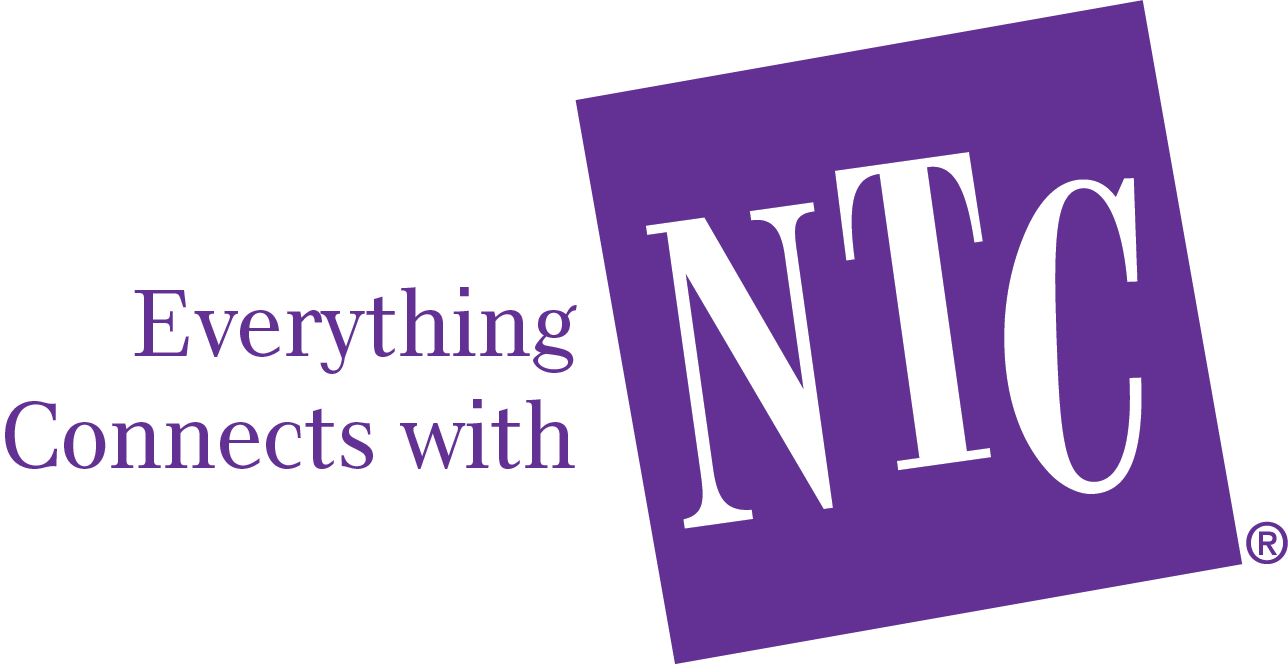To operate successfully, a society requires active participation from its citizenry. That participation can come in many forms. In fact, many people actively participate in their communities without even realizing that they are doing something special.
Civic Participation is most often defined as the act of individuals and communities becoming engaged with local, state and/or national government. However, there are many ways to look at civic engagement and participate with the community around you.
The idea is that any action you take to engage with your community or work to better the society around you is a form of civic participation. This can take the form of volunteering, participating in city sports leagues, joining a group to pick up litter in a local park and much more.
When it comes to young people, they don’t always know how much they can influence the world around them because they often may feel they are too young to make a difference. Helping students develop civic awareness though can empower them to see how participating in their communities can make a difference. Helping young people recognize the larger society can show them that even though they are young, they can still make an impact on their community.
By showing students different ways they can civically participate, you can open the door for them to engage with their communities in ways they find fun and rewarding. So just what is civic participation? What does it look like in the real world?
Types of Civic Participation
There are many ways to engage in civic participation. The actions you take to participate are called civic activities. Essentially, to engage in a civic activity is to participate civically. But what does that really look like?
What Is a Civic Activity?
A civic activity is any action you take to interact with your community. In essence, civic activities are everything you do to participate in the society around you.
For example, volunteering in a community garden is a civic activity. As is participating in community theatre, or sports leagues or neighborhood festivals. By sharing in an activity that you and others enjoy, you strengthen the bonds between yourself and other individuals who live near you. In this way, you learn about common interests and needs and form a network that can help address issues that are faced by your community. Building these connections between the people who make up a city or town is extremely valuable.
Working together with the other people involved in your activity of choice creates bonds of experience. When a group works together toward a common goal such as weeding a garden, planting flowers or vegetables, putting on a play or neighborhood festival, or winning a game together, the shared feeling of accomplishment is powerful.
The bonds those shared feelings form through these activities are not limited to those directly taking part either. The wider community also gets to bond over the fruits of the volunteers’ labor. Rooting for a local team, watching neighbors sing on stage or enjoying the serenity of a community garden can all bring people together.
Those interpersonal and communal bonds help build empathy between people who may otherwise have never met. Those bonds encourage civic participation when issues important to the community arise.
With this understanding of what civic activities may look like and how to define civic participation in this way, the question arises—why is civic participation important?
Why Should We Engage in Civic Participation?
The simplest answer to this question is that engaging in civic activities makes society work better. When it comes to young people, they don’t always know what effect they can have on society, but students can have a profound impact on the world around them. Helping students recognize the opportunities for civic participation and engagement can empower them to take action and get involved.
Empowering young people in this way helps them become more civically aware, making it more likely in both the present and the future for them to contribute to the betterment of their communities. The earlier the habit of community engagement is formed, the more likely young people will continue to be civically engaged as they grow into adulthood.
Benefits of Civic Participation
Working with our civil participation definition and knowing why that participation is important, can we find other benefits to civic participation?
As it happens, there are a lot of benefits. Civic participation has a history of making people healthier. That is not to say that participating in a park clean-up drive will help you overcome asthma, but it can have other benefits.
Using picking up litter as an example of civic participation, let’s look at the various ways this activity can benefit a person’s health. To start, when picking up litter, you are walking around a neighborhood, a park or possibly with a local group that has adopted a stretch of highway—for some people, that is a major uptick in physical activity.
The exercise you are gaining also beautifies your community as you get to meet and converse with other people you may have never met before. In this way, you can gain insights into what your fellow citizens find important, helping you become more deeply entwined in the fabric of your community, which can boost your mental well-being too. Feeling like you are a part of a community—feeling like you belong somewhere—can help alleviate feelings of loneliness and isolation, which can be very beneficial to your mental health.
But a local cleanup drive is just one civic activity. Other activities yield positive health benefits as well.
Joining a community sports league is a civic activity that gives you a physical outlet and a way to make new friends. That fact should not be glossed over. It can be very difficult to make friends outside of a school environment. This is especially true if you have moved to a new town or community. Joining a sports league or community theatre or performance activity can also bring you deeper into the fabric of your community.
Additionally, the sense of accomplishment a person gets from completing a task to benefit their community gives a great boost to self-esteem. It feels good to do good alongside your friends and neighbors.
How Do We Increase Civic Participation?
This is the hard part. We know what civic participation is and what it does and some of its benefits. So how do we get people to start participating? One excellent way to encourage participation is to instill its value in students.
For many young people, they take a class one time and then they move on to the next subject. The material isn’t made real for them. They may learn how something works, but they do not get hands-on experience in how it works in the real world.
This is where showing students an avenue of civic participation that they can engage in is valuable. For example, a set of lessons and projects based around where their water comes from and different ways to use their water wisely or prevent water pollution can help students understand that their actions can affect the very water they drink.
Understanding how important water is to their daily lives and what threats exist that can deplete that water, can help empower students to adopt positive, water-wise behaviors that can make a big difference in their lives and the lives of others in their community.
Learning beneficial behaviors can empower students to help others around them understand the importance of water conservation too. They may even organize an event to encourage water-wise behaviors among their peers.
Learning about how water affects their lives can also lead to learning more about water treatment and the infrastructure around them operates to support their daily lives. This can make young people more interested in and invested in the world around them.
This also helps them feel like they can make a difference, even if they are young, because it is their research, their actions and their civic participation.
Once a student has learned how to participate, they are empowered to further participate in civic areas that matter to them. That could mean founding a community garden, volunteering with a church or community group, or any number of other civic activities.
Without the opportunity to see how they can make a difference in their community, a young person may find it difficult to develop the habits and skills needed to engage in civic participation.Teaching students not only the meaning of civic participation but also how to get civically involved is key to building a civic minded community.
The Time for Civic Participation Is Now
It is impossible to overstate how important civic participation is to our society. From helping out in your neighborhood to passing along knowledge of positive behaviors to your peers, our society relies on the active participation of citizens.
Taking part in civic activities can benefit your physical and mental wellbeing—all while helping your community improve relationships between neighbors and citizens that may otherwise have felt isolated from the society around them. It makes you a part of something greater than yourself.













